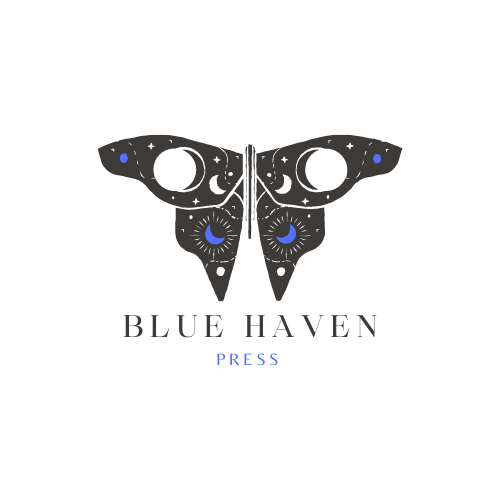Inspiration for Lure River Romances
I wrote the first draft of Jesse and Hawk’s story thirty years ago when I lived in rural Ontario.
I was something of a wild child and quit high school with only grade ten. In my mid-thirties, when my kids were young, I felt the need to graduate. So, I returned to high school and registered in one correspondence course at a time. Along the way, I enrolled in a course called Native Ancestry 11 that changed my world.
One night, I was sitting at my kitchen table reading the chapter on Animism—the belief that all beings, be they rocks, trees, deserts, fish, or winds are alive with spiritual force. I know this, I thought. This is who I am. That epiphany rocked me to the core and set me on a new path.
I’d just started my BA in Indigenous Studies at Trent University when I wrote the story of Jesse and Hawk. I was reading books by Basil Johnston and Eddie Benton-Banai, both who were Anishinaabe (Ojibwa) leaders and storytellers; learning with traditional teachers and Elders; going to powwows and feasts; attending ceremonies; and soaking up a culture I loved. I want to acknowledge this time and say thank you to everyone who touched my life in those days. You helped me change. You helped me heal.
It took me several years to complete my degree, as a single mother, and part-way through, my seventy-five-year-old mother said casually, “I’m not surprised you’re into this. My great-grandfather married an Indian. She was Tuscarora and he was Dutch.” That great-grandfather’s last name was VanSickler so I named Gus, the mechanic, after him because my great-grandparents and their children ended up running one of the first garages in Toronto. I was shocked by my mother’s remark and wondered why I’d never heard this story before. I don’t know if there’s such a thing as ancestral memory, but perhaps my mother was right. While researching my ancestry, I connected with a previously unknown line of the family who confirmed my mother’s story, and sent me photographs, including an 8 x 10 tin-type portrait of my Indigenous great-great-grandmother.
While I was studying at Trent, I was invited to a Three Fires Lodge ceremony in Wisconsin on the shore of Lake Superior. Later, I drove through the Midwest on my way to British Columbia. And that’s where I set the fictional town of Lure River. I asked subscribers to my seasonal newsletter for help creating names and business for the town and got wonderful, creative replies. I want to thank Tara, Heike, Jackie, and Marci for your help.
Lure is a town I’d love to call home and the main characters are closer to me than any I’ve written yet. I’ve always wanted to live in the cabin Jesse rents for the summer on the reservation. I spent my childhood riding through the bush on my horse. And I’ve always felt like I was born in the wrong place and time just like Hawk.

I found the manuscript of the draft wrapped in brown paper a couple of years ago while packing to move. That’s how we used to copyright our work—wrap it up and mail it home, so it has an official date stamp. When I read it, I was surprised and intrigued. I started to rewrite it, then Jesse found the bones of a missing Indigenous girl in her shed and the story took off in another direction, as novels do. Still the essence of the major characters remained, even Sam and Ira, and for that, I’m grateful.
Much has been written about missing and murdered Indigenous women. In Canada, many of these homicides occur in urban areas and most remain unsolved, especially when the offender is a stranger. In British Columbia, where I live now, this came to light in the Robert Pickton serial murder case, and, also through the inquiry surrounding the Highway of Tears. Indigenous women are vulnerable and much more work needs to be done to find those who are missing.
Though this is a suspenseful light-hearted romantic adventure, and not a non-fiction book on this topic, Ruby Little Bear shared her story with me, as some characters do, and I thank her for that. Ruby shines a light, not just on missing and murdered Indigenous women, but on respect for the land.

